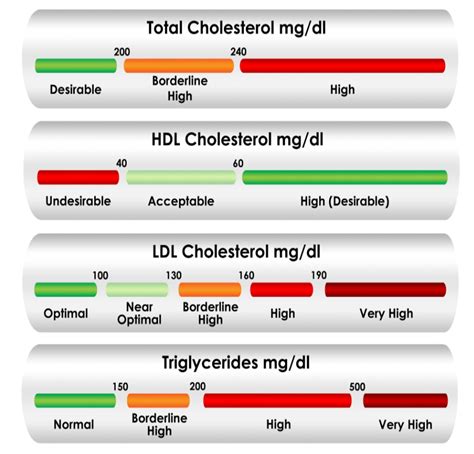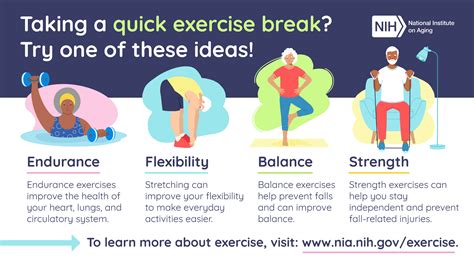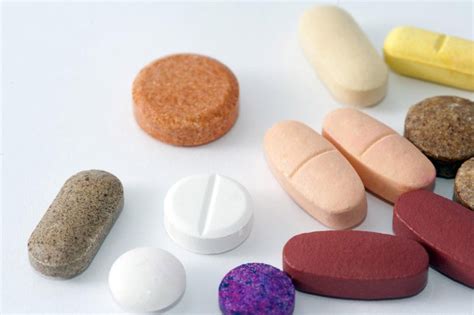Intro
Discover 5 effective ways to manage cholesterol, including diet changes, exercise, and stress reduction, to lower LDL and boost HDL levels, improving overall heart health and reducing cardiovascular risk.
Maintaining healthy cholesterol levels is crucial for overall well-being, as high cholesterol can lead to severe health issues, including heart disease and stroke. With the increasing prevalence of high cholesterol, it's essential to understand the importance of managing cholesterol levels. The good news is that there are several ways to manage cholesterol, and making informed lifestyle choices can significantly impact overall health. By adopting healthy habits and being mindful of dietary choices, individuals can effectively manage their cholesterol levels and reduce the risk of related health problems.
High cholesterol can be caused by a combination of genetic and lifestyle factors, including a poor diet, lack of physical activity, and smoking. While some factors, such as genetics, cannot be changed, making healthy lifestyle choices can help mitigate the risks associated with high cholesterol. A well-balanced diet, regular exercise, and stress management are all critical components of managing cholesterol levels. Furthermore, being aware of the risks and taking proactive steps can empower individuals to take control of their health.
Understanding the different types of cholesterol is also vital in managing cholesterol levels. There are two primary types of cholesterol: low-density lipoprotein (LDL) and high-density lipoprotein (HDL). LDL cholesterol is often referred to as "bad" cholesterol, as high levels can lead to the buildup of plaque in the arteries, increasing the risk of heart disease. On the other hand, HDL cholesterol is considered "good" cholesterol, as it helps remove excess cholesterol from the bloodstream, reducing the risk of heart disease. By understanding the difference between these two types of cholesterol, individuals can make informed decisions about their diet and lifestyle choices.
Understanding Cholesterol

Types of Cholesterol
There are several types of cholesterol, including LDL, HDL, and triglycerides. LDL cholesterol is the most significant contributor to the buildup of plaque in the arteries, while HDL cholesterol helps remove excess cholesterol from the bloodstream. Triglycerides are another type of fat found in the bloodstream, and high levels can also increase the risk of heart disease. By understanding the different types of cholesterol and how they impact overall health, individuals can make informed decisions about their diet and lifestyle choices.Dietary Changes

Healthy Fats
Healthy fats, such as avocados, nuts, and olive oil, can help increase HDL cholesterol levels and improve overall heart health. These foods are rich in monounsaturated and polyunsaturated fats, which can help lower LDL cholesterol levels and reduce the risk of heart disease. Some of the key healthy fats that can help manage cholesterol levels include: * Avocados * Nuts and seeds * Olive oil * Fatty fish, such as salmon and tunaExercise and Physical Activity

Types of Exercise
There are several types of exercise that can help manage cholesterol levels, including aerobic exercise, strength training, and high-intensity interval training (HIIT). Aerobic exercise, such as walking, jogging, and cycling, can help improve overall heart health and increase HDL cholesterol levels. Strength training, such as weightlifting and bodyweight exercises, can help improve insulin sensitivity and reduce LDL cholesterol levels. HIIT, which involves short bursts of intense exercise, can help improve overall heart health and increase HDL cholesterol levels.Stress Management

Getting Enough Sleep
Getting enough sleep is also essential for managing cholesterol levels. Chronic sleep deprivation can lead to increased levels of cortisol, which can raise LDL cholesterol levels and reduce HDL cholesterol levels. Aim for 7-9 hours of sleep per night and prioritize sleep as an essential component of overall health.Supplements and Medications

Prescription Medications
Prescription medications, such as statins and bile acid sequestrants, may also be necessary to manage cholesterol levels. These medications can help lower LDL cholesterol levels and increase HDL cholesterol levels, reducing the risk of heart disease. However, it's essential to work closely with a healthcare provider to determine the best course of treatment and to monitor cholesterol levels regularly.What are the symptoms of high cholesterol?
+High cholesterol often does not have any symptoms, but it can increase the risk of heart disease and stroke. Regular check-ups with a healthcare provider can help monitor cholesterol levels and reduce the risk of related health problems.
How often should I get my cholesterol levels checked?
+Cholesterol levels should be checked at least once every 5 years, or more often if you have a family history of high cholesterol or are at risk for heart disease.
Can I manage my cholesterol levels through diet and exercise alone?
+In some cases, diet and exercise alone may be enough to manage cholesterol levels. However, it's essential to work closely with a healthcare provider to determine the best course of treatment and to monitor cholesterol levels regularly.
What are the risks of not managing my cholesterol levels?
+If left unmanaged, high cholesterol can increase the risk of heart disease and stroke. Regular check-ups with a healthcare provider and making informed lifestyle choices can help mitigate these risks and improve overall health.
Can I manage my cholesterol levels if I have a family history of high cholesterol?
+Yes, it's possible to manage cholesterol levels even with a family history of high cholesterol. Working closely with a healthcare provider and making informed lifestyle choices can help reduce the risk of related health problems.
In conclusion, managing cholesterol levels is crucial for overall health and well-being. By making informed lifestyle choices, including dietary changes, regular exercise, and stress management, individuals can effectively manage their cholesterol levels and reduce the risk of related health problems. Remember to work closely with a healthcare provider to determine the best course of treatment and to monitor cholesterol levels regularly. By taking control of your health and making proactive choices, you can improve your overall well-being and reduce the risk of heart disease and stroke. We encourage you to share your experiences and tips for managing cholesterol levels in the comments below and to share this article with friends and family who may benefit from this information.
